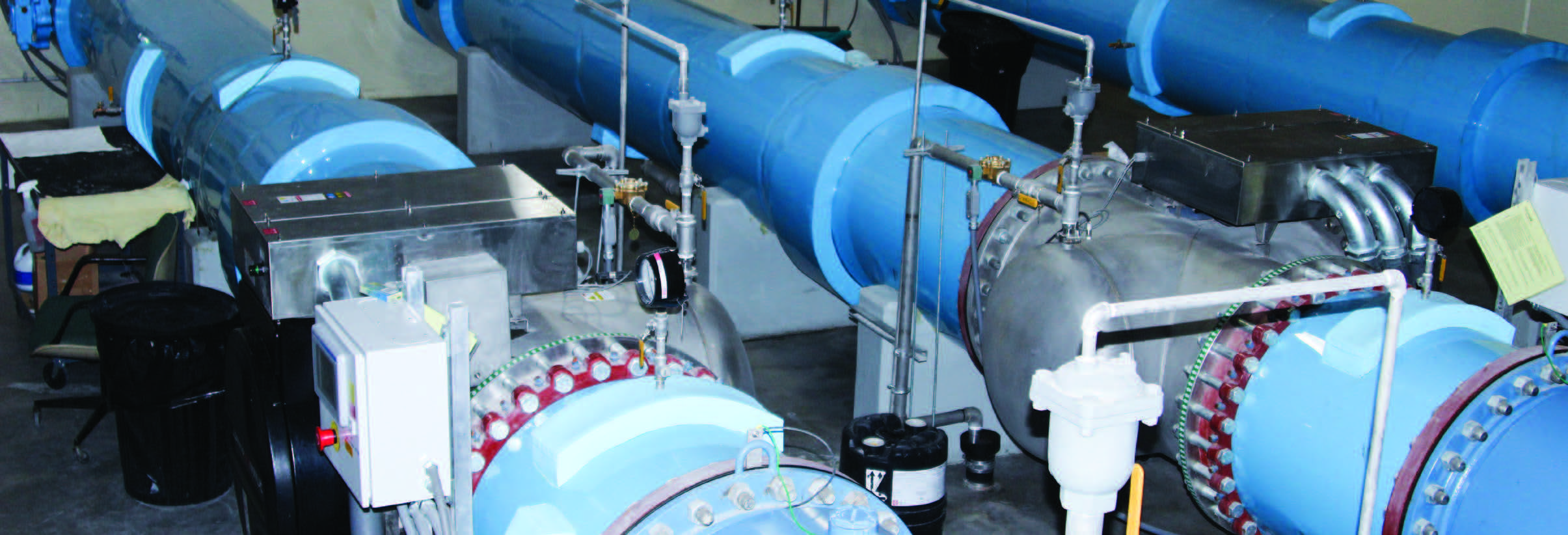

Environmental & Industrial Safety/Water/Waste Water Certification
Basic Water Distribution Training
This entry-level, comprehensive course will present the basic principles of water distribution. The course will cover sources of water, principles of design, and the installation, operation, and maintenance of pipes, valves, meters, and other related hydraulic units. Basic operation and maintenance safety protocols are highly emphasized. This course and six months’ experience satisfy the eligibility requirements needed to take the state Water Distribution Operator Grade I Exam. This is also a good review course for those preparing to take the Water Distribution Plant Operator Grade II Exam.
Ready to learn more? Complete our online form or contact us at 319-398-1022.
Upcoming Offerings:
Begins September 9th, Cedar Falls (Class ID 153422)
Begins November 3rd, Cedar Rapids (Class ID 153423)
Click here to view a full list of upcoming offerings.
Tuition Assistance:
Yes. Full tuition assistance is available to support your career goals. Fill out our referral form at www.kirkwood.edu/cefunding.
*Some eligibility restrictions may apply.
Industry Credentials Earned:
Completion of this course, plus six months of experience, will qualify the student to take the State Certification test in Iowa to become a Water Distribution Plant Operator Grade I.
Careers:
Source: Career Coach 2018, Kirkwood Community College region.
Water and Wastewater Treatment Plant and System Operators
Average hourly earnings: $24.74
Starting hourly earnings: $15.96
Projected job openings (2018 – 2023): 83
Entrance Requirements/Prerequisites:
None.
Delivery Method:
Classroom
Length of Program and CEU Credits:
30 hours, 3.0 CEUs
Program Completion Requirements:
This is a pass/fail certificate. Students must attend all four days of training in order to complete the program.
Course Objectives:
• Explain the type of work done by water distribution system operators.
• Find sources of further information on how to do the jobs performed by water distribution system operators.
• Identify various types of storage facilities.
• Identify types of contaminants that could get into water distribution systems.
• Identify and correct sources of contaminants in distribution systems.
• Identify and correct causes of water quality degradation in distribution systems.
• Explain the process of disinfection using chlorine, hypochlorite, chlorine dioxide, and chloramines.
• Identify and safely handle hazardous chemicals.
• Identify the functions of a manager within the facility of a water distribution plant.
• Describe the benefits of short-term, long-term, and emergency planning.
Learning Outcomes:
Upon successful completion of the program, students will have a better understanding of how water distribution processes work and can help operate and maintain a water distribution facility. Completing this course will also prepare those who are planning on taking the Grade I Water Distribution Operator Exam in the state of Iowa.
Other Items to Know About this Course:
None.
Pathway to Credit Program:
None.
Related Information:
www.bls.gov/ooh/production/water-and-wastewatertreatment-plant-and-system-operators.htm
